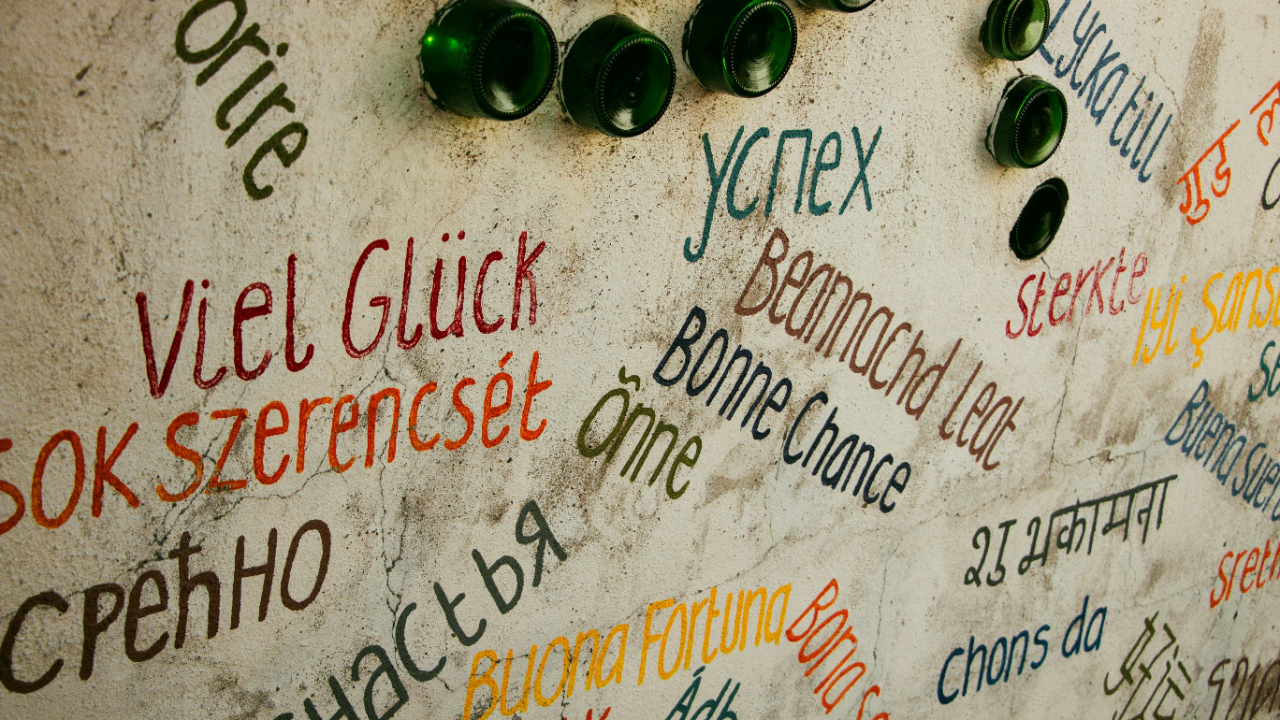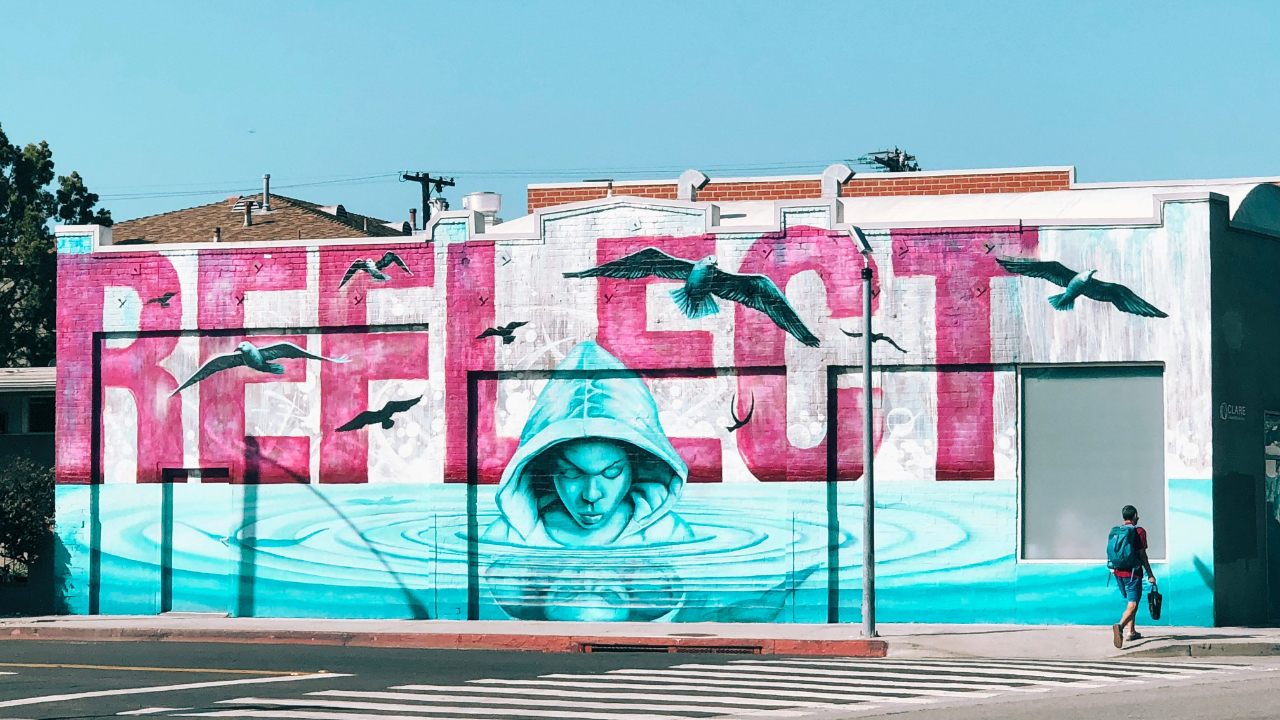BLOG
Reflections on Intercultural Learning in Higher Education
Must-See TV: A Clarion Call for U.S. Education
Dec 09, 2025
Intercultural Competence: A 21st-Century Superpower
Nov 11, 2025
Integrating Intercultural & Language Learning
Oct 07, 2025
Embracing a Both~And Mindset
Sep 09, 2025
An Activity for AI & Intercultural Learning
Aug 12, 2025
Supporting Intercultural Learning with AI
Jul 08, 2025
Time to Debrief AY24-25
Jun 10, 2025
To Adapt Our Language or Not to Adapt?
May 13, 2025














